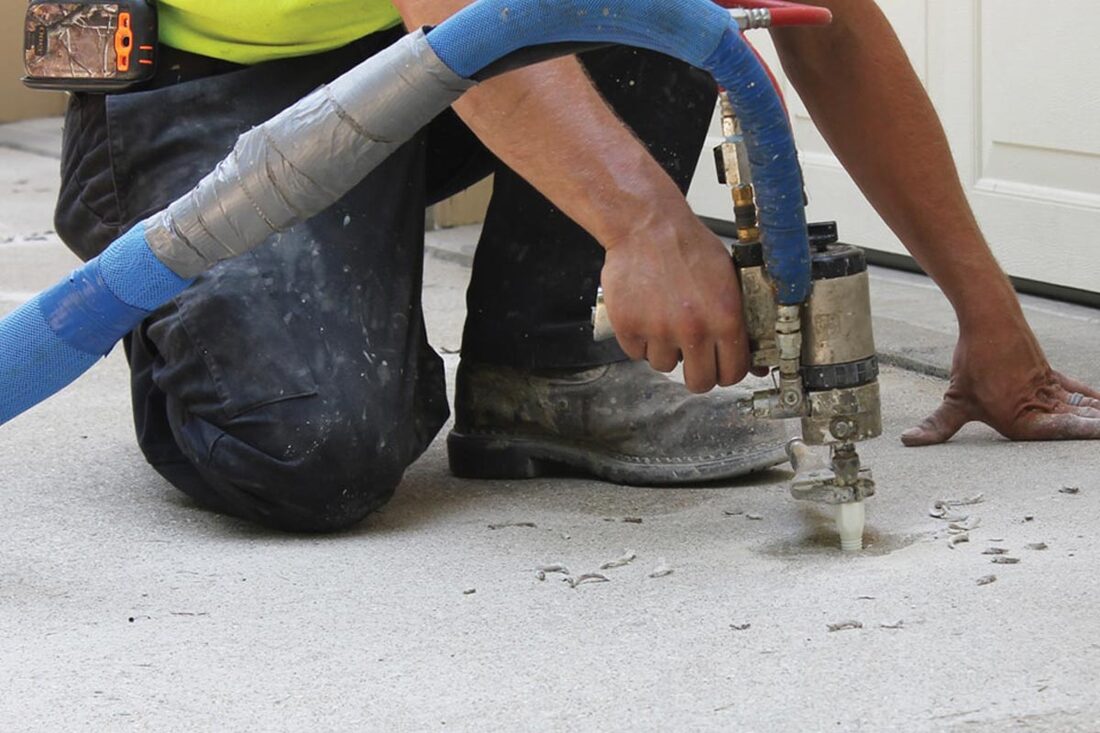Living in Houston means experiencing a wide range of weather conditions, from intense summer heat to sudden thunderstorms and hurricanes. These extremes can take a toll on your home’s roof. If you’ve noticed leaks, missing shingles, or general wear and tear, you’re likely faced with a big question: Should you repair your roof or replace it entirely?
Making the right choice can save you time, money, and a lot of stress in the long run. In this article, we’ll explore the key differences between roof repair and roof replacement, the signs you need to look out for, and how to make the best decision for your Houston home.
Understanding Roof Repair
Roof repair Houston involves fixing specific areas of the roof that are damaged. This could mean patching leaks, replacing a few shingles, or addressing localized problems caused by storms or aging.
Benefits of Roof Repair
- Cost-Effective: Repairs are generally less expensive than a full replacement.
- Quick Turnaround: Minor issues can be resolved in a day or two.
- Extends Roof Life: Timely repairs can extend the lifespan of your existing roof by several years.
- Minimally Invasive: Repairs are less disruptive to your daily routine.
When Roof Repair Is the Right Option
- Minor Damage: If only a small section of the roof is affected, such as a few missing shingles or a minor leak.
- Newer Roof: If your roof is less than 10-15 years old and is otherwise in good condition.
- Isolated Problems: If damage is due to a recent storm and the rest of the roof is structurally sound.
Understanding Roof Replacement
Roof replacement involves completely removing the old roofing material and installing a new one. This is a more extensive and expensive project but sometimes necessary for long-term home protection.
Benefits of Roof Replacement
- Long-Term Solution: A new roof can last 20-30 years or more, depending on the material.
- Increased Home Value: A new roof is a strong selling point if you plan to sell your home.
- Energy Efficiency: Modern roofing materials can improve insulation and lower your energy bills.
- Peace of Mind: You won’t have to worry about recurring issues like leaks or mold for a long time.
When Roof Replacement Is the Right Option
- Widespread Damage: If the damage covers more than 30% of the roof.
- Old Roof: If your roof is more than 20 years old and repairs are becoming frequent.
- Structural Issues: If the underlying decking or support structure is compromised.
- Long-Term Investment: If you want to upgrade to better materials or improve energy efficiency.
Factors to Consider When Deciding
1. Age of Your Roof
- Asphalt shingle roofs typically last 20-25 years.
- Metal roofs can last 40-70 years.
- If your roof is near the end of its expected life span, replacement might be the smarter option.
2. Extent of Damage
- A qualified roofer can inspect your roof and help you determine if the damage is isolated or widespread.
- Don’t just rely on what you can see from the ground—hidden damage could cause serious problems later.
3. Cost Comparison
- Repairs may seem cheaper upfront, but repeated fixes can add up.
- A new roof may cost more initially but can save you money over time by avoiding frequent repairs and improving energy efficiency.
4. Houston’s Climate
- Houston’s humid climate and frequent storms can accelerate roof wear.
- Choosing a roofing material and service that can withstand local conditions is critical for long-term durability.
Roof Types and Their Lifespan in Houston
The materials used for your roof can greatly impact your decision. Here’s a quick look at popular roofing materials in Houston:
| Roofing Material | Average Lifespan | Notes |
|---|---|---|
| Asphalt Shingles | 20-25 years | Most common and cost-effective |
| Metal Roofing | 40-70 years | Durable and energy efficient |
| Clay Tiles | 50+ years | Great for Houston heat, but expensive |
| Flat Roofs (TPO, EPDM) | 20-30 years | Often used for commercial properties |
If your roof is nearing the end of its lifespan based on the material used, a replacement might be the most logical choice.
Signs You Might Need Roof Replacement
- Frequent Leaks: Constant leaks despite repairs.
- Curling or Missing Shingles: A sign your roof is deteriorating.
- Sagging Roof Deck: A serious structural issue.
- Moss or Mold Growth: Indicates moisture is trapped under the roof.
- Rising Energy Bills: Could mean poor insulation due to roofing problems.
Working with a Houston Roofing Professional
No matter what option you choose, it’s essential to consult with a licensed and experienced roofing contractor in Houston. Here’s what to look for:
- Local Experience: Choose someone familiar with Houston’s climate and building codes.
- References and Reviews: Check online reviews or ask for referrals.
- Warranties: Make sure they offer warranties on both materials and labor.
- Free Inspections and Estimates: A good contractor will provide a no-obligation inspection.
Final Thoughts: Repair or Replace?
Choosing between roof repair and replacement is not a one-size-fits-all decision. Here’s a quick checklist to help:
| Scenario | Suggested Action |
|---|---|
| Small leak, roof under 10 years old | Repair |
| Multiple leaks, roof over 20 years old | Replace |
| Storm damage to one section | Repair |
| Consistent issues year after year | Replace |
| Planning to sell home soon | Replace (adds value) |
Conclusion
Whether you choose roof repair or full replacement for your Houston home depends on several factors, including the age and condition of your roof, the extent of the damage, and your long-term goals. A timely repair can fix minor issues and extend your roof’s life, while a full replacement offers peace of mind and long-term benefits.
Whatever route you take, working with a trusted local roofer ensures your home stays safe and protected from Houston’s unpredictable weather.




